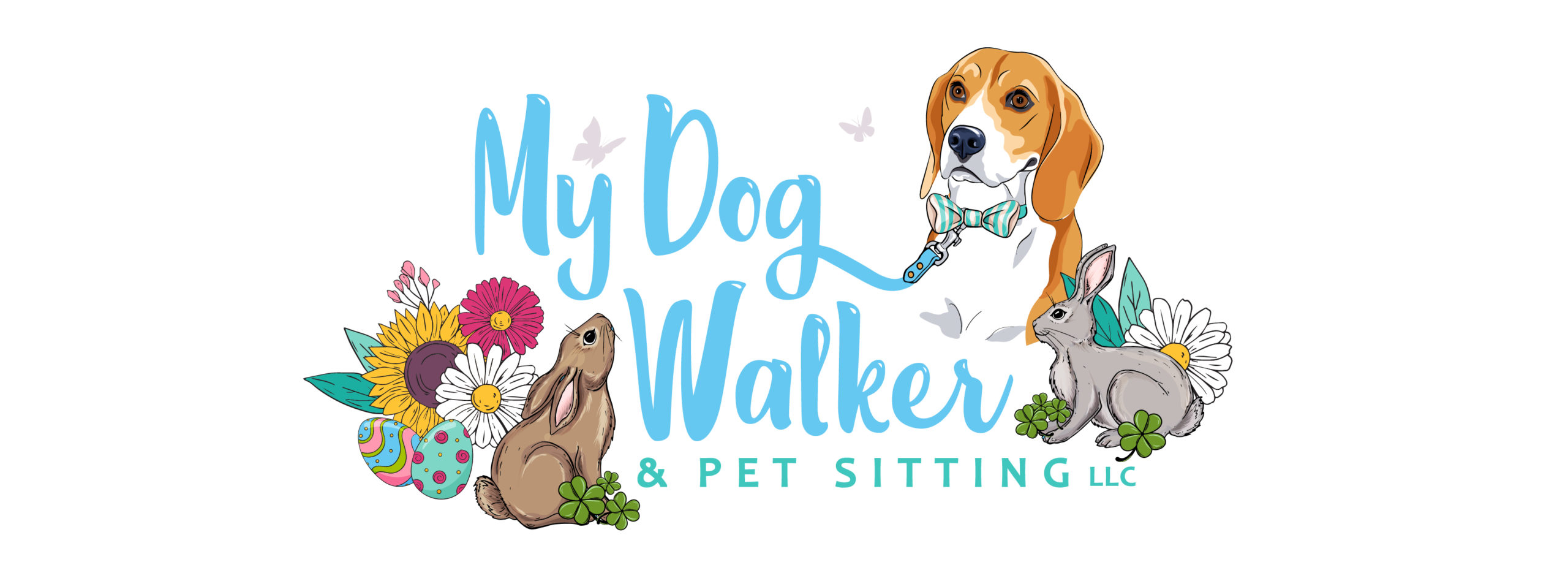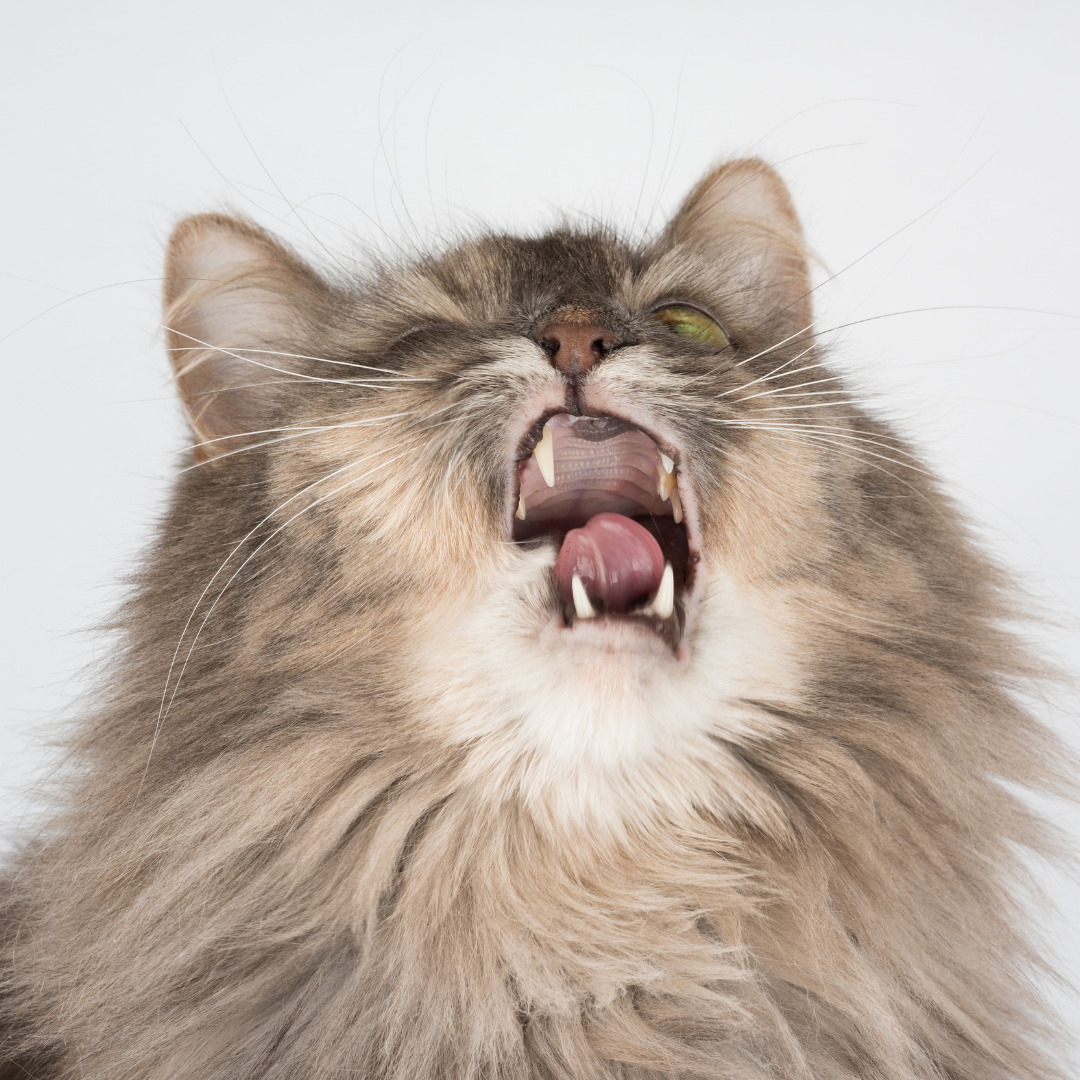
Going Over Five Of The Most Common Things That Pets Can Be Allergic To And How To Manage These Allergies
The month of May is widely celebrated as National Asthma and Allergy Awareness Month. As we celebrate this awareness-based holiday, it’s important to remember that allergies are not just limited to humans. Our furry friends can also suffer from allergies that impact their health and well-being.
From sneezing fits to itchy skin, allergies can make life uncomfortable for our beloved pets. In this article, we’ll discuss five common allergens that could be affecting your pets and how you can help them find relief. Keep in mind, we are not veterinary professionals. The advice mentioned here comes from sources like VCA Animal Hospitals, University Animal Clinic, and the American Kennel Club.

Pollen
Just like humans, pets can be allergic to pollen from trees, grasses, and weeds. During the spring and summer months when pollen counts are high, you may notice your pet experiencing symptoms such as sneezing, itching, and watery eyes. This is common and quite normal.
To minimize their exposure to pollen, try to keep your pet indoors during peak pollen times. Additionally, try wiping their paws after outdoor walks and bathe them regularly to remove any pollen that may have accumulated on their fur. This will help reduce their symptoms and prevent pollen from being brought into your home.
Dust Mites
Another common allergen to pets are dust mites. Dust mites are microscopic creatures that thrive in warm, humid environments. They can often be found in bedding, carpets, and upholstered furniture. Pets who are allergic to dust mites may experience symptoms such as itching, redness, and hair loss.
To reduce your pet’s exposure to dust mites, wash their bedding frequently in hot water, vacuum your home regularly, and consider using dust mite covers on your pet’s bed. Because dust mites are microscopic, you typically won’t notice them until your pet starts showing symptoms of allergic reactions. Therefore, it’s always a good idea to clean your bedding, carpets, and upholstery regularly.
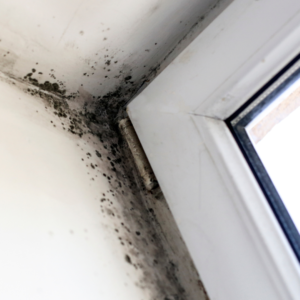
Mold
The C.D.C. defines mold as a fungal growth that forms and spreads on various kinds of damp or decaying organic matter. Mold spores can trigger allergic reactions in pets, just like they can in humans. Mold can grow in damp areas such as basements, bathrooms, and kitchens, as well as in outdoor environments like leaf piles and compost heaps.
If your pet is allergic to mold, they may experience symptoms such as sneezing, coughing, and respiratory issues. To minimize their exposure to mold, keep your home clean and dry. Additionally, fix any water leaks promptly and avoid areas with high mold concentrations during outdoor walks.
Food
One of the most common allergies in pets is that of food allergies. Food allergies are not uncommon in pets and can manifest as skin irritations, gastrointestinal upset, and even respiratory problems. The most prevalent food allergies in pets usually consist of animal proteins since these are the foods that most animals eat regularly.
Common food allergens for pets include beef, chicken, fish, dairy, egg, wheat, and soy. If you suspect that your pet may have a food allergy, consider switching them to a hypoallergenic diet or working with your veterinarian to identify and eliminate the offending ingredient from their diet.
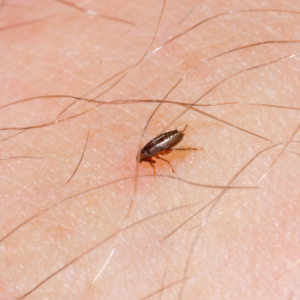
Fleas
Flea saliva is a common allergen that can trigger allergic reactions in pets. This typically leads to symptoms such as itching, redness, and hair loss. In addition to causing discomfort for your pet, flea allergies can also lead to more serious health problems such as flea dermatitis and secondary skin infections.
To protect your pet from flea allergies, use flea prevention products recommended by your veterinarian. Additionally, try and keep your home and yard free of fleas by mowing frequently, raking and removing debris, and avoid over-watering as fleas are attracted to humid environments.
Keeping Pets Healthy & Happy
As pet owners, it’s our responsibility to be aware of the potential allergens that could be affecting our furry friends and take steps to minimize their exposure. By staying vigilant and proactive, you can help your pets enjoy happy, healthy lives free from the discomfort of allergies.
If you suspect that your pet may be suffering from allergies, don’t hesitate to consult with your veterinarian for guidance and treatment options. Together, we can ensure that our pets live their best lives possible, allergy-free.
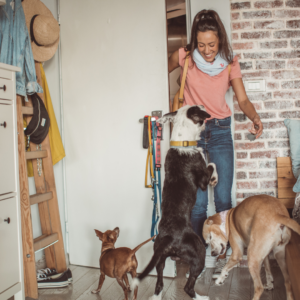
Looking For A Pet Sitter Or Dog Walker?
If you or someone you know is looking for a pet sitter or dog walker, then look no further than My Dog Walker & Pet Sitting. We are fully insured & bonded and have over 10 years of experience working with animals. Click here to check out our wide variety of pet sitting services including in-home pet sitting and routine dog walking.
We currently service the Medford, Medford Lakes, Shamong, and Tabernacle, NJ areas. To become a client, click here or give us a call at 856-217-2781. Be sure to check us out on Facebook and Instagram too! We post new content regularly, so be sure to follow us so you don’t miss out on adorable pictures of our pets.
